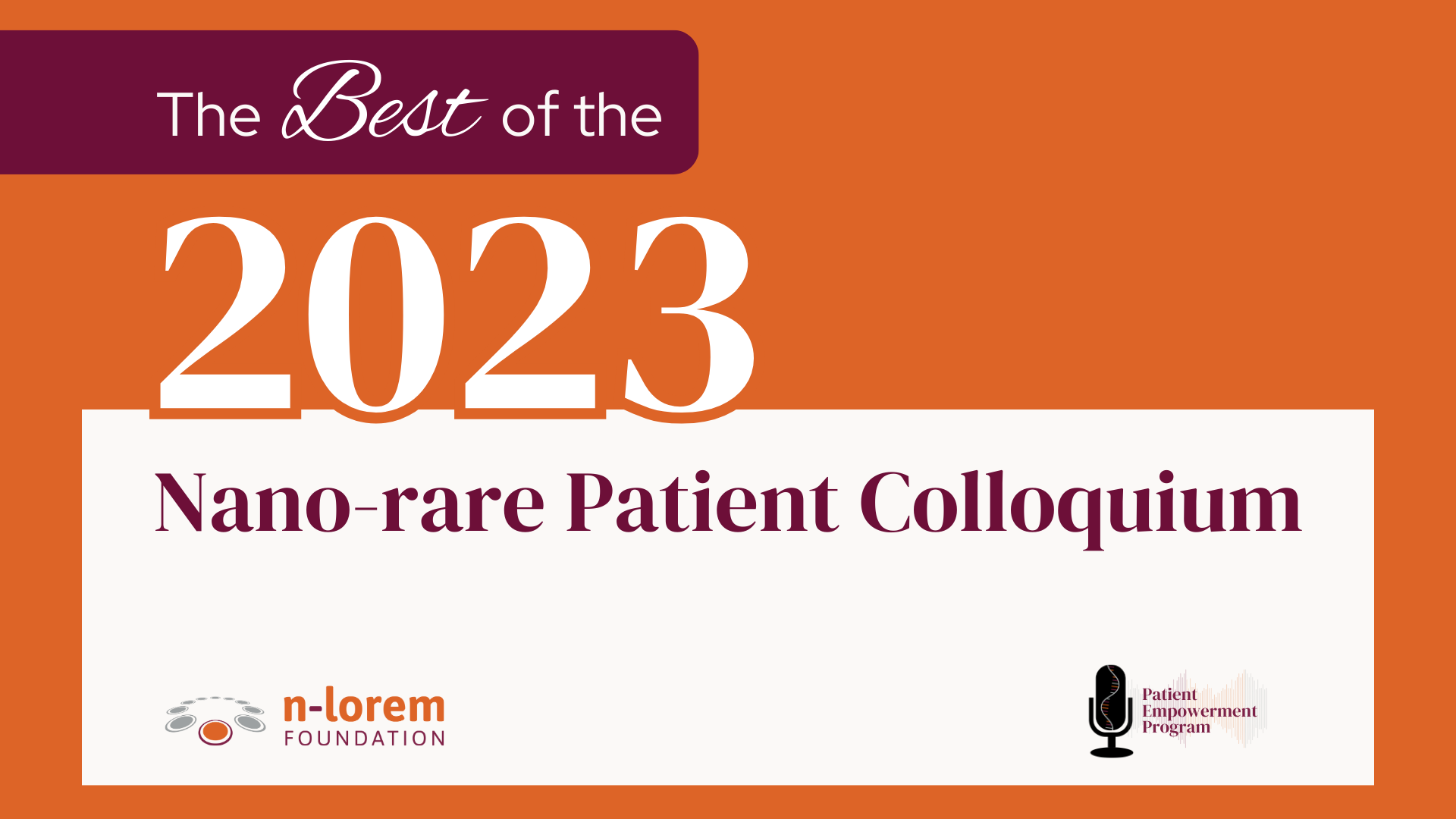Don’t miss out on the 2024 Nano-rare Patient Colloquium – register here
During the Colloquium, we gathered the nano-rare community under one single roof for a full day of presentations and panels with experts, partners, supporters, and patients. So, we are bringing some of the top moments directly to your speakers in this ‘BEST OF’ episode. Discover the origins and aspirations of n-Lorem and Columbia University’s Silence ALS initiative, visualize the journey of a nano-rare patient with the help of an emotional story told by a loved one, and imagine a future where commercial drug discovery organizations can focus on the world’s rarest diseases and more all in this one episode.
To access the 2023 NRPC event page, click here
On This Episode We Discuss:
- Dr. Neil Shneider, Expanding the number of patients treated with a high quality ASO
- Dr. Dan Curran, Helping n-Lorem do more
- Clayton Hummel, The perilous journey to diagnosis and treatment for nano-rare patients
- Dr. Francis Sessions Cole III, A physician’s perspective of n-Lorem and nano-rare
- Dr. Vijay Ganesh & Dr. Jeff Carroll, Learning from nano-rare patients
- Dr. Stanley Crooke, n-Lorem, a dream of hope and treatment for nano-rare patients realized
Watch on YouTube:
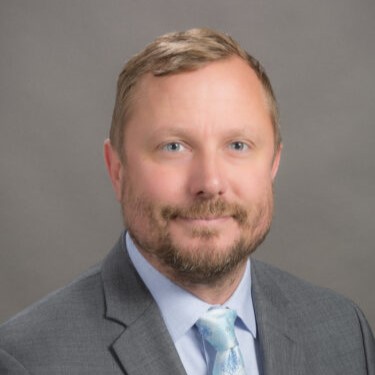
Dr. Jeff Carroll is a scientific advisor for n-Lorem. Jeff began assisting n-Lorem’s access to treatment committee at a very early stage, given his passion for helping families with rare genetic diseases. This passion emerges from a personal connection – Jeff’s mother died after suffering from Huntington’s Disease, placing her 6 children at 50% risk of developing the disease. In 2003, Jeff learned that he inherited this mutation from his mother, sparking a passion to help understand the disease, and to help hasten the development of novel treatments for all HD patients.
Jeff is now an associate professor in the Department of Neurology at the University of Washington. Jeff’s primary scientific focus is on conducting translational studies in support of “Huntingtin Lowering” approaches to Huntington’s Disease, primarily through the use of antisense oligonucleotides. Jeff’s Ph.D. and postdoctoral studies all involved using mouse models to understand basic mechanisms of HD and preclinical testing of therapeutic interventions in these models. During his Ph.D., he trained with Michael Hayden (UBC) and his postdoctoral studies were conducted under the supervision of Marcy MacDonald (MGH, Harvard Medical School).
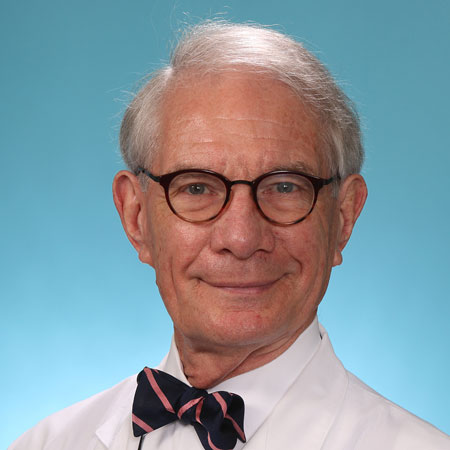
Dr. F. Sessions Cole is the Park J. White, M.D., Professor of Pediatrics at WUSTL. After receiving his M.D. from Yale Medical School, Dr. Cole trained at Boston Children’s Hospital and the Harvard Joint Program in Neonatology and served on the Harvard Medical School faculty from 1981 to 1986. He joined the faculty at Washington University School of Medicine in 1986 where he has held a variety of clinical and administrative positions.
Dr. Cole’s research interests focus on leveraging DNA sequencing methods to discover genetic causes of respiratory failure in full-term infants and of structural birth defects. His research program has been continuously supported by the National Institutes of Health (NIH) as a Principal Investigator for more than 25 years. Most recently, he led the NIH-funded Undiagnosed Diseases Network (UDN) Clinical Site at Washington University from 2018-2021, a program focused on solving medical mysteries through team science. He currently serves as a Co-Principal Investigator for the UDN’s recently funded (04/01/2023) Data Management Coordinating Center. He also co-chairs the UDN’s Sustainability Working Group and is leading the UDN’s Therapeutic Matching Committee aimed at identifying therapies for rare disease patients. He has introduced, advocated for, and supported family-centered care in the NICU and for undiagnosed and ultra-rare patients and families, a strategy that includes and empowers families.
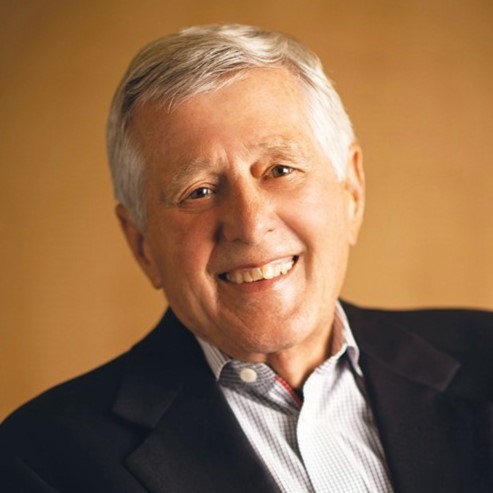
Dr. Stanley Crooke is founder, chairman and chief executive officer of n-Lorem, a nonprofit foundation focused on providing treatments for patients with nano-rare disease patients (1 to 30 patients worldwide), which he initiated in January 2020.Prior to n- Lorem, Dr. Crooke founded and was Chairman and Chief Executive Officer and Lead Scientist of Ionis Pharmaceuticals. During his tenure at Ionis, he led the scientific development of a new platform for drug discovery, antisense technology and the creation of one of the largest and more advanced development pipelines in the biotechnology industry, and commercialized several antisense drugs including, SPINRAZA® (nusinersen), TEGSEDI™ (inotersen) and others. Early in Dr. Crooke’s career, he led the creation of the first broad anticancer program in the industry at Bristol-Myers, bringing numerous anticancer drugs to the market in the first five years of his career. He then assumed responsibility for worldwide R&D (president) at SmithKline Beckman (now GSK). During his tenure at SKB, Dr. Crooke led the restructuring of R&D and the development of several drugs that were commercialized.
Dr. Crooke has also contemporaneously led a successful academic career becoming a full professor at Baylor College of Medicine and the University of Pennsylvania Medical School where he trained a number of Ph.D. students and won several teaching awards. Dr. Crooke has been an active scientist throughout his career as well.
Dr. Crooke has received a number of awards, most recently, the Indiana University School of Medicine Steven C. Beering Award, the Prix Galien Roy Vagelos Pro Bono Humanum Award, the American Chemical Society’s E.B. Hershberg Award for Important Discoveries in Medicinally Active Substances, the Lifetime Achievement Award presented by the Oligonucleotide Therapeutics Society, the Scrip Lifetime Achievement Award and the 2019 Massry Prize.
Dr. Crooke received his M.D. and Ph.D. degrees and house staff training at Baylor College of Medicine, where he currently serves on the Board of Advisors. In 2021, Dr. Crooke has been named Distinguished Alumnus of both Baylor College of Medicine’s Graduate and Medical schools and named one of the 20 of the most influential biopharma R&D executives by Endpoints News. He has published nearly 600 scientific publications, edited more than 20 books, has numerous patents, and led the development of more than 23 drugs that have been commercialized.
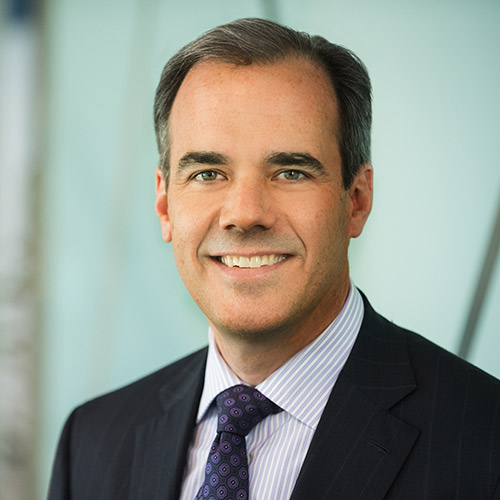
Dr. Daniel Curran is the Head of the Rare Genetics and Hematology Therapeutic Area Unit (TAU) at Takeda. In this role, he leads Takeda’s efforts to unlock innovation and deliver transformative medicines in the areas of rare immunology, rare hematology, lysosomal storage disorders, rare genetic and metabolic diseases.Previously, Dr. Curran served as Head of Takeda’s Center for External Innovation (CEI). In this role, he and his team diversified Takeda’s pipeline, completed approximately 150 transactions and invested $1.5 billion in capital in external relationships and investments over a three-year period. In addition, Dr. Curran led the Takeda-CiRA collaboration, a joint research program with Kyoto University’s Center for iPS Cell Research Application.
Prior to his role as Head of CEI, Dr. Curran led the corporate development group at Millennium: The Takeda Oncology Company and was a member of the executive management team. In that role, he oversaw the development and execution of corporate strategic business development initiatives, including licensing arrangements, acquisitions and a range of other transactions.
He has 20 years of pharmaceutical experience in business development, project leadership and development roles. Prior to Millennium, previous professional experiences include a business development role in the Product Planning and Acquisition group at DuPont Merck Pharmaceuticals.
Dr. Curran received an M.D. from the University of Pennsylvania School of Medicine, an M.B.A. from the Wharton School of the University of Pennsylvania and a B.S. in chemistry from King’s College.
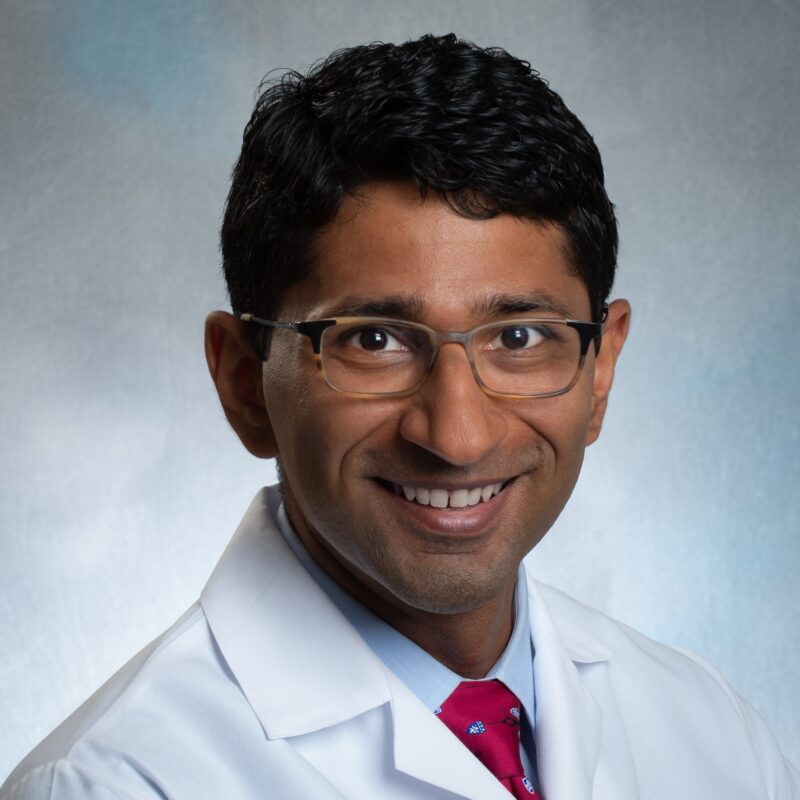
Dr. Vijay Ganesh is an Associate Neurologist at Brigham and Women’s Hospital and an Instructor at Harvard Medical School. He graduated from Harvard Medical School in the Health Sciences and Technology (HST) track with an M.D.-Ph.D. through the NIH Medical Scientist Training Program (MSTP). His Ph.D. work in the Christopher A. Walsh Laboratory focused on the discovery and characterization of genes that cause rare human brain malformations. Vijay completed neurology residency and a neuromuscular medicine fellowship in the Mass General Brigham program, and a T32 research training fellowship at the Mass General Brigham Program in Precision and Genomic Medicine. His current role is a physician-scientist focused on the clinical and genetic characterization of neuromuscular diseases. He is a research fellow in the Anne O’Donnell-Luria laboratory at Boston Children’s Hospital and Broad Institute, where his work focuses on developing and implementing genome, RNA, and proteomic methods for rare disease discovery and variant characterization. He is a member of the NIH ClinGen gene and variant curation expert panels for limb girdle muscular dystrophy (LGMD), and a member of the multicenter GRASP-LGMD Consortium to advance therapeutic development in LGMDs.
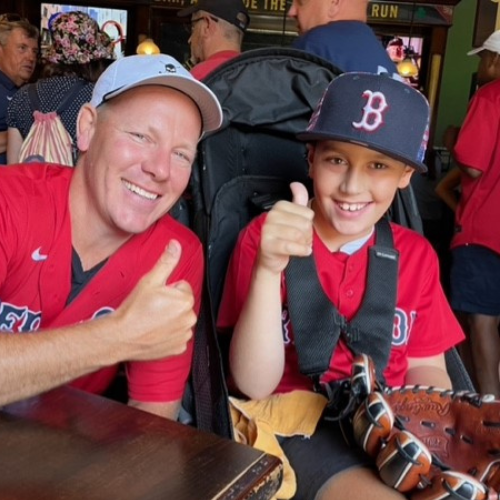
Clayton Hummel and his wife Zoe are proud parents of Mostyn. Mostyn is a hard-working little boy with many severe medical conditions. Mostyn is currently the only known case in the world with his specific genetic variant of KCNB1.
Clayton is a small business owner, operating a medical device distributorship. Zoe is an accomplished professional violinist, who toured with various music artists such as Rod Stewart, Andrea Bocelli, Sara Brightman and Styx to name a few.
In 2017, Mostyn was diagnosed with Lennox Gastaut Syndrome. Initially, the Hummels spent so much time in hospitals with their son it was unclear whether either of them would be able to continue with their careers. Ultimately, Clayton continued his career to provide for their family and Zoe parted ways with her gift to care for their son. Together, they are dedicated to their son’s health and happiness. They live in Tampa, Florida and make frequent trips to Boston for care at Boston Children’s Hospital and Red Sox games at Fenway Park.
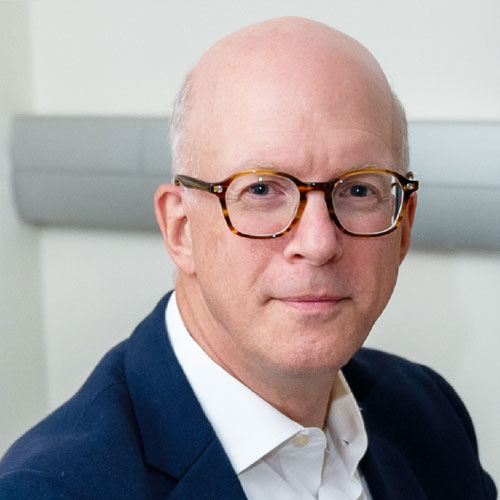
Dr. Neil Shneider serves as the Claire Tow Associate Professor of Motor Neuron Disorders and the Director of the Eleanor and Lou Gehrig ALS Center at Columbia University. He is an investigator in the Center for Motor Neuron Biology and Disease where his lab focuses on the study of models and mechanisms of ALS and the discovery and development of novel therapeutics for ALS and related disorders. Dr. Shneider worked with Ionis Pharmaceuticals to develop ION363 (Jacifusen), an anti-sense oligonucleotide (ASO) for ALS patients with rare mutations in the FUsed in Sarcoma (FUS) gene. Dr. Shneider is a graduate of Harvard College and earned his M.D. and Ph.D. degrees at the Columbia University College of Physicians and Surgeons.
In partnership with n-Lorem and Columbia University, Dr. Shneider founded Silence ALS, an initiative to develop ASOs for ALS patients with nano-rare, pathogenic mutations in ALS genes. Dr. Shneider was co-chair of the Translating Fundamental Research into Potential ALS Therapies Working Group for the NIH ALS Strategic Planning Workshop.
Credits
Producers: Andrew Serrano and Amy Williford.
More from n-Lorem:
See what else we are up to on Twitter, Instagram, Facebook, Linked In, YouTube and our website, nlorem.org. If you enjoy this episode, please rate and review us, as it helps others find our podcast. Questions/inquiries can be sent to [email protected].
Listen to our next interview:

We cannot do
this alone
Together we are changing the world—
one patient at a time
We hope that you join us on this journey to discover, develop and provide individualized antisense medicines for free for life for nano-rare patients. The ultimate personalized medicine approach – for free, for life.
Follow us on social for updates on our latest efforts

